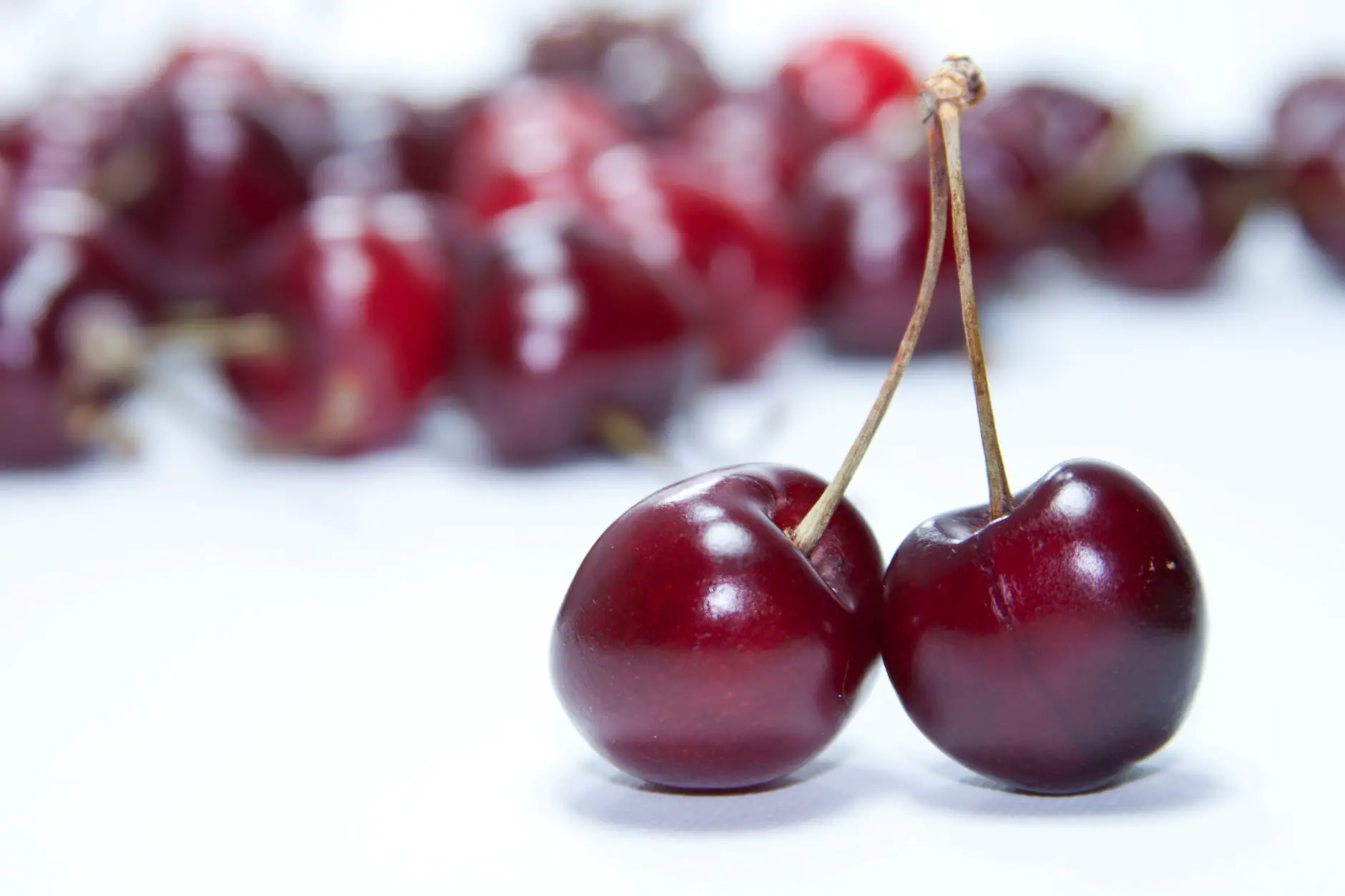Dachshunds, like other dogs, can eat cherries, but with some important precautions. Here’s everything you need to know about can dachshunds eat cherries.
The flesh of the cherry is safe for dogs to eat in moderation, but the cherry pit, stem, and leaves are toxic as they contain cyanide.
It’s essential to remove the pit and stem before giving cherries to your dachshund.
Additionally, cherries can be high in sugar, so they should be given as an occasional treat in small quantities, not as a regular part of their diet.
Always introduce any new food to your dog’s diet gradually and in small amounts to monitor for any adverse reactions.
READ: Foods Not To Feed Your Dog
What are the benefits of cherries for dogs?
Cherries can offer several benefits for dogs when fed appropriately and in moderation. They include:
Vitamins and Minerals
Cherries contain vitamins A and C, which can support a dog’s immune system and overall health.
Antioxidants
They are rich in antioxidants that help in fighting free radicals, potentially reducing inflammation and supporting overall health.
Fiber
Cherries have dietary fiber, which can aid in digestion and help maintain a healthy gut.
It’s important to remember that cherries should only be given in small amounts due to their high sugar content and the potential risks associated with the pits, stems and leaves.
Always remove these parts as they can be toxic to dogs.
If you’re considering adding cherries to your dachshund’s diet, it’s best to consult with a veterinarian, especially if your dog has specific health conditions or dietary restrictions.
Can cherries be bad for dachshund dogs?
Yes, there are some potential drawbacks and risks associated with feeding cherries to dogs:
The most significant risk comes from the cherry pits, stems, and leaves, which contain cyanide. Ingestion of these parts can lead to cyanide poisoning, which is dangerous for dogs.
Cherry pits can also pose a choking hazard, especially for smaller dog breeds like Dachshunds.
Cherries are high in sugar and can cause gastrointestinal upset in some dogs, particularly if they eat too many. Symptoms may include diarrhea or stomach upset.
As with any new food, there’s a risk of an allergic reaction. Watch for signs of an allergic reaction, such as itching, swelling or difficulty breathing.
Due to their sugar content, excessive consumption of cherries can contribute to weight gain and related health issues, particularly in less active dogs.
Given these risks, cherries should be fed to dogs only in small quantities and without pits, stems, or leaves. It’s also a good practice to introduce any new food slowly to monitor for any adverse reactions.
How many cherries can I give my dog?
The number of cherries you can safely feed a dog depends on the dog’s size and overall health, but it’s generally best to offer them in moderation due to their sugar content and small size.
For a small dog like a Dachshund, starting with just one or two cherries (without the pits, stems, and leaves) is advisable.
Larger breeds may be able to have a few more, but cherries should still be considered an occasional treat rather than a regular part of their diet.
Always monitor your dog for any signs of digestive upset or allergic reactions when introducing new foods.
Remember, treats in general, including fruits like cherries, should not make up more than 10% of your dog’s daily caloric intake to ensure a balanced diet.
Will cherries make my dog sick?
A small amount of cherry flesh is generally safe for dogs and unlikely to cause illness. However, consuming a large number of cherries can lead to gastrointestinal upset or more serious health issues.
Pits, stems or leaves are toxic to dogs as they contain cyanide. Ingesting them can lead to cyanide poisoning, which is a serious condition and requires immediate veterinary attention.
Symptoms of cyanide poisoning include difficulty breathing, red gums, and dilated pupils.
Some dogs may have a sensitivity or allergic reaction to cherries, even in small amounts. Symptoms of an allergic reaction can include itching, swelling, or gastrointestinal upset.
Small dogs, in particular, are at risk of choking on cherry pits.
If your dog has only eaten a small amount of cherry flesh and is not showing any adverse symptoms, they are likely fine, but you should still monitor them closely and limit their cherry intake in the future.


